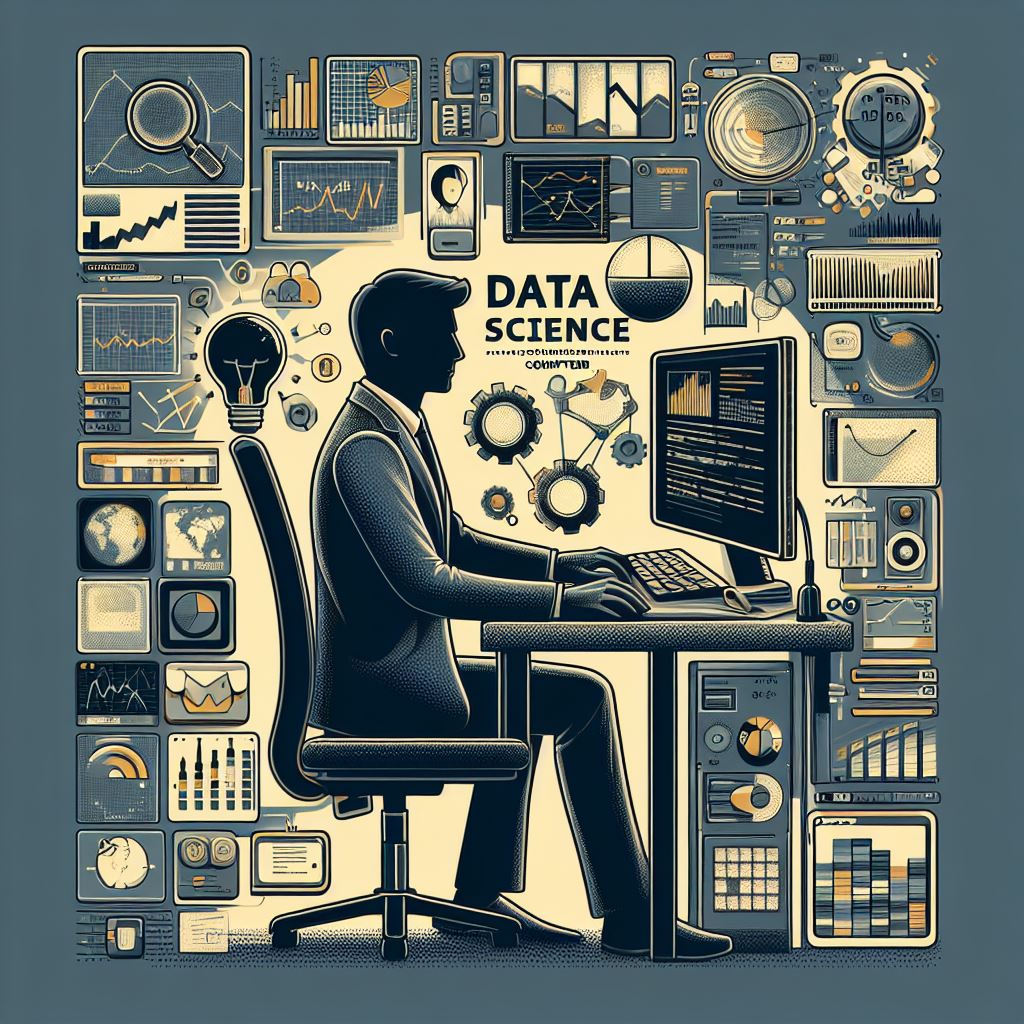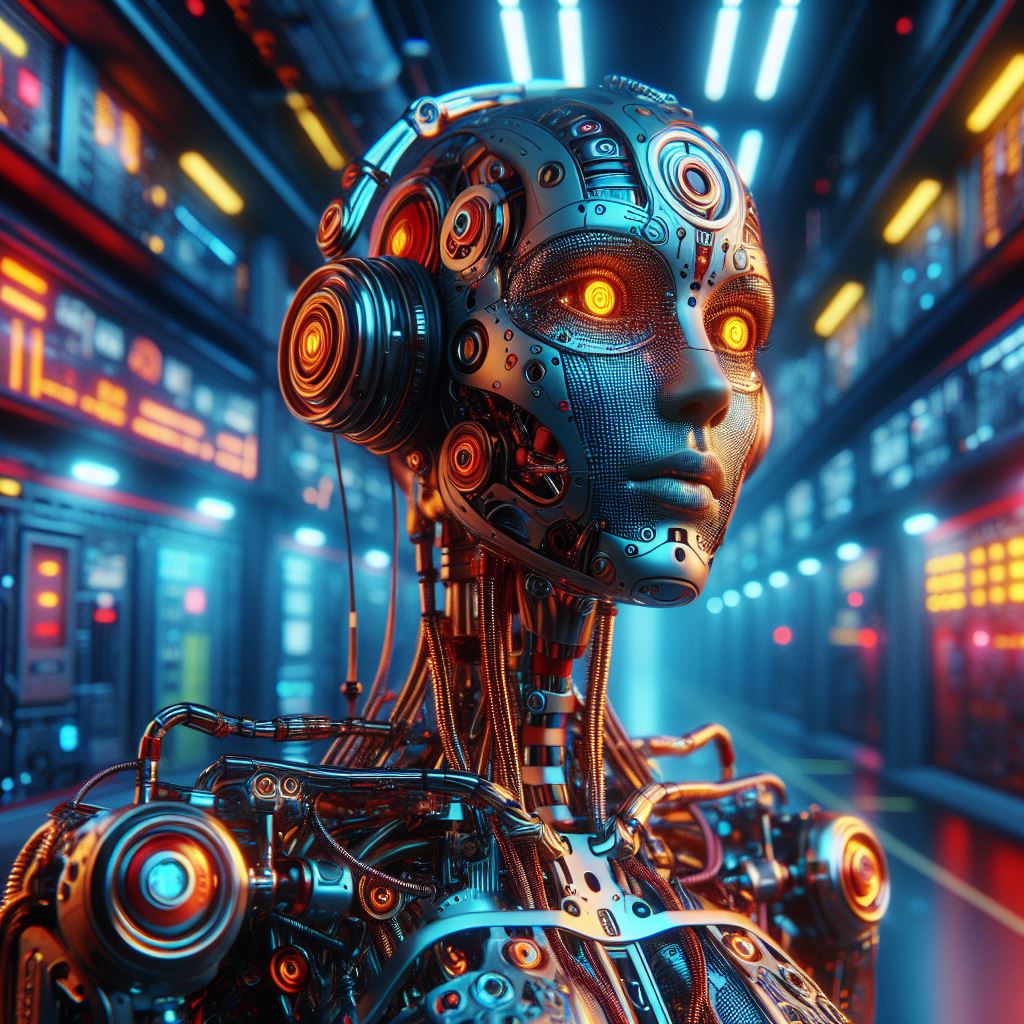In recent years, machine learning (ML) has emerged as a transformative force in the healthcare sector, driving innovations that improve patient outcomes, streamline medical processes, and reduce costs. From diagnostics to drug development, ML algorithms are reshaping how healthcare professionals deliver care and how patients experience treatment. This article explores some of the most impactful ML applications in healthcare.
One of the most significant advancements in healthcare ML is its use in medical imaging and diagnostics. Machine learning algorithms can analyze medical images such as X-rays, MRIs, and CT scans with remarkable accuracy, often detecting conditions like tumors, fractures, and infections that might be overlooked by human doctors. With deep learning models, radiologists can diagnose diseases earlier, improving the chances of successful treatment. AI-powered tools are particularly useful in detecting patterns in large datasets, making them valuable in cancer detection, heart disease diagnosis, and other critical health conditions.
Another promising area for ML in healthcare is predictive analytics. By analyzing historical patient data, including medical records, test results, and demographic information, machine learning models can predict potential health risks, enabling early intervention and personalized treatment plans. Predictive analytics helps healthcare providers identify at-risk patients, predict disease progression, and recommend appropriate preventive measures. This is especially useful in managing chronic diseases like diabetes, where ongoing monitoring and tailored interventions can improve patient quality of life.
Additionally, natural language processing (NLP) is revolutionizing the way healthcare professionals interact with patient records and other unstructured data. By using ML algorithms, NLP can extract valuable insights from clinical notes, research papers, and medical journals, saving time and enhancing decision-making. Healthcare providers can now search vast databases of text data to find relevant information, automate administrative tasks, and improve patient care by ensuring that the latest medical research is easily accessible.
Drug discovery and development is another area where machine learning is making waves. Traditionally, drug development is a lengthy and expensive process, but ML models are accelerating the identification of potential drug candidates. By analyzing biological data, ML can predict how molecules interact with the body, identify potential side effects, and simulate clinical trials. This reduces the time needed for drug discovery and helps bring life-saving medications to market faster and more efficiently.
Moreover, ML is being increasingly applied in personalized medicine, where treatments are tailored to an individual’s genetic profile, lifestyle, and health history. Machine learning algorithms can analyze genetic data to predict how a patient will respond to specific treatments, ensuring that they receive the most effective care. This personalized approach to medicine not only improves patient outcomes but also minimizes unnecessary treatments and reduces healthcare costs.
In conclusion, machine learning is rapidly transforming healthcare by enhancing diagnostics, predicting health risks, automating administrative tasks, accelerating drug discovery, and enabling personalized treatment. As these technologies continue to evolve, the healthcare industry is poised to experience even greater improvements in patient care, cost efficiency, and overall healthcare outcomes. Healthcare providers and organizations that adopt ML solutions will be better equipped to meet the challenges of a constantly evolving healthcare landscape.


